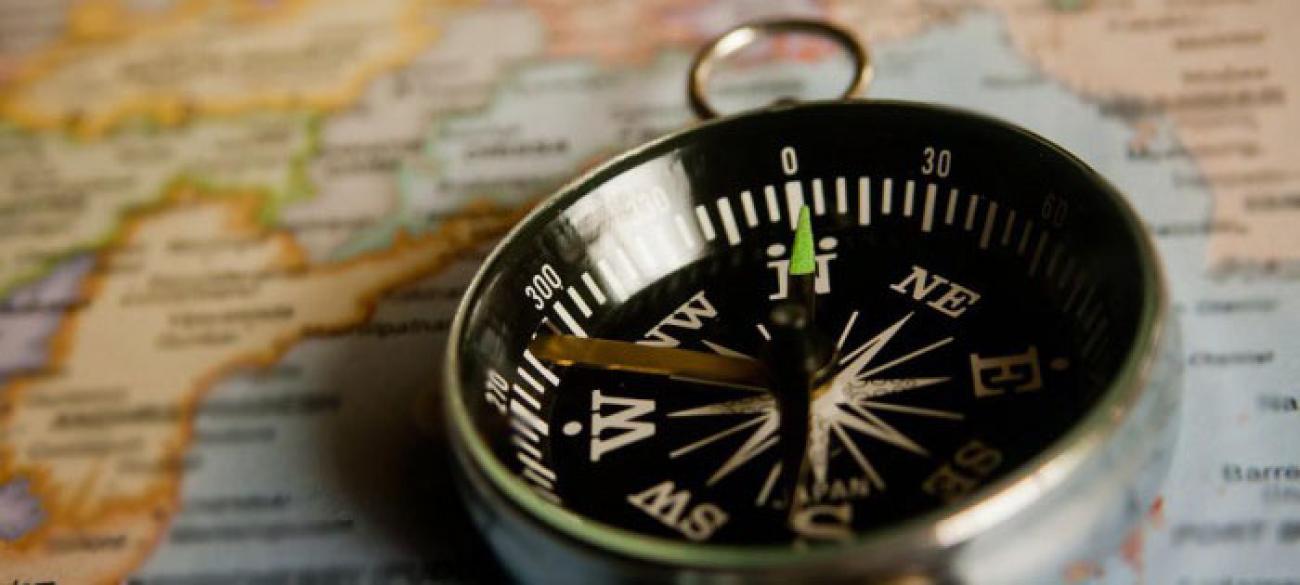What if we don’t have all the development answers…or even the questions?

Lebanon has weathered many a storm, and is not easily shipwrecked. But five years and counting into the Syria Crisis, the country’s developmental trajectory and prospects are cause for serious alarm. Regional turmoil and insecurity have scared off investors, halted trade and reversed economic growth, and the presence of over 1 million Syrian refugees continue to place a tremendous burden on the country’s services and infrastructure. Many current challenges, of which Lebanon has no shortage, have been compounded by the crisis, leading to significant development losses, including deepened poverty and marginalization.
At the same time, Lebanon is experiencing an almost complete paralysis of political decision-making, drifting without a president or a clear vision for the country’s future. For the UN system in Lebanon, 2016 presents a unique opportunity to support the development of such a vision. Not only is the UN developing a new strategy for cooperation (an UNDAF/ISF), but also 2016 is the year we launch the Sustainable Development Goals.
Both of these initiatives open windows for a renewed, inclusive and ambitious conversation with – and among – different parts of Lebanese society on what a national development agenda could meaningfully look like. They also provide an opportunity to see how the SDGs can be used to contribute to the security, stability and growth of the country in the medium term, while laying the foundation for sustainable development over the long term.
When development experts don’t come with pre-developed answers
A prominently visible role for the UN influences the conversation.The UN has agenda-setting power. This realization has informed our design. We at the UN in Lebanon will try to take a back seat as much as possible by seeking strategic partnerships with local academic institutions to spearhead the debate and engage students from a wide range of subjects to drive the conversation. We will kick off the conversation, but we want to learn not to ask the questions or provide the answers.
This is important for the design of our approach. Our thinking is that when we ask the students to research the development priorities and perspectives of the most marginalized communities, these activities not only generate better and less filtered information, but also lead to improved citizen-to-citizen interaction across very diverse parts of society. When we ask students to help us develop a modality for staying in touch with these communities for their continued feedback and to keep us accountable, our working hypothesis is that students are better placed to assess what is likely to motivate people to remain part of the conversation. In extending the conversation to a wider audience through film and radio, the students are insiders rather than outsiders, and much better placed to prompt debate on how the SDGs resonate in Lebanon.
Bringing together the information gleaned from these activities, the students will provide a locally grounded, multi-disciplinary analysis of the key challenges and priorities for change, and what this means for development in Lebanon in the medium term.
We think that this kind of knowledge is the key to tackling the twin challenge of connecting the SDGs to people’s local priorities and of creating an accountable United Nations Strategic Framework for Lebanon 2017-2020. In both cases, the aim is to promote a much more inclusive process.
Turning a conversation into a response
Once we hear from people, the challenge will be to turn this knowledge into genuine responsiveness on the part of the UN as we prioritize, design and implement programmes within the broad strategic framework. The UN in Lebanon will be challenged to take a step back and consider how its programme responds to the priorities that are emerging from the conversation within Lebanese society. In addition, we will be challenged along with the university partners to come up with concrete suggestions for how to adapt what the UN does in partnership with national counterparts to accommodate these insights.
The challenge will be to connect the SDGs to people’s local priorities and support the setting of national targets. Here again, the UN will take a back seat and ask our university partners to relay their analysis directly to national decision makers, the private sector and civil society.
These are just ideas – but ideas that we hope will have the potential to change the way we do business. At the very least, we can expect to come out of this with better knowledge of what society aspires to achieve during this time of crisis. It will be up to us to make the people’s voices count.
We know we are not the first to try this kind of approach, and we imagine that there’s much to learn from others. Do you have any advice as we take this work forward?













